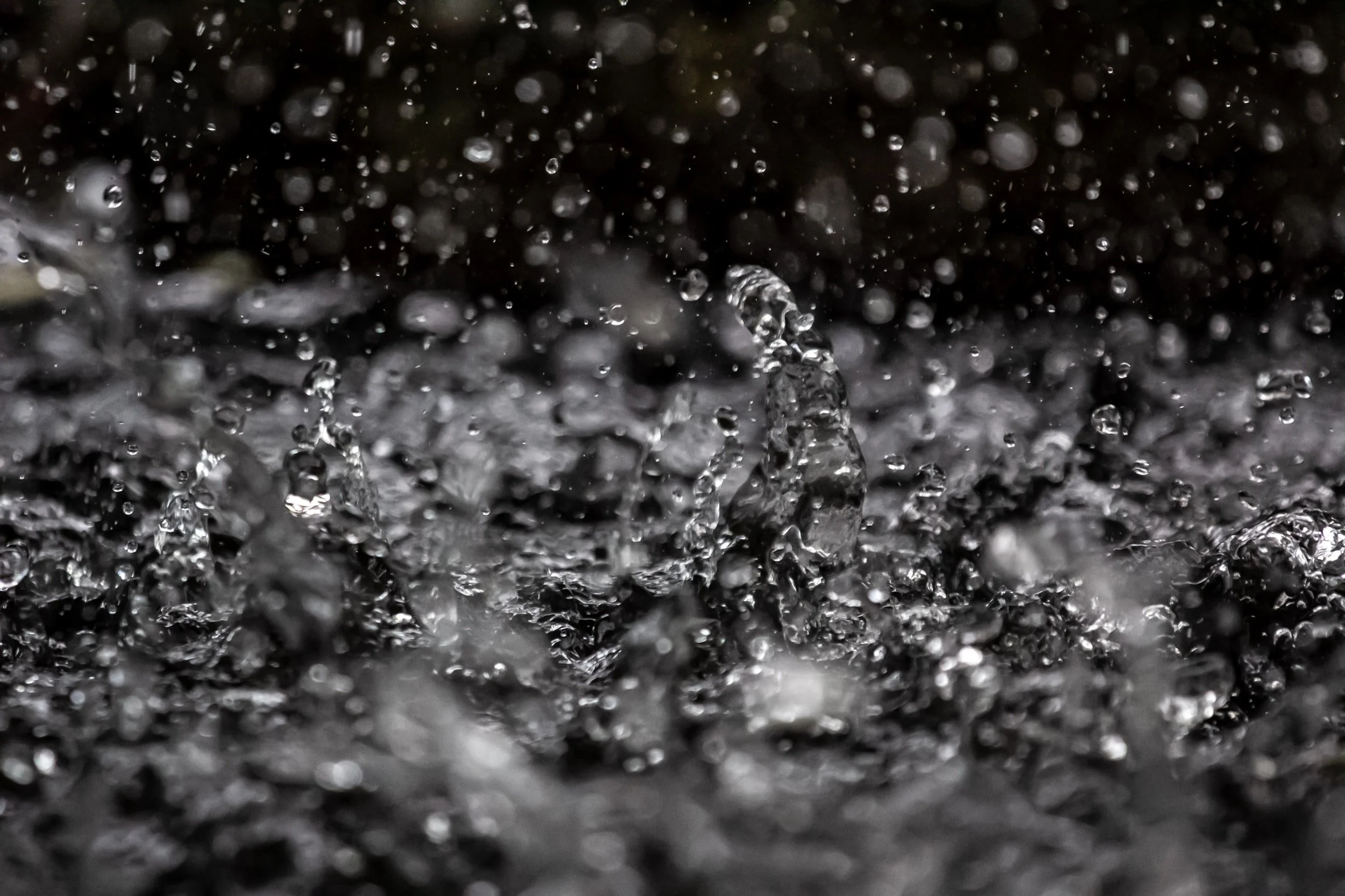Muhyiddin and the government were severely criticised when he was found to not have been issued a pink tag for which is the standard issue for those under quarantine. The Health Ministry came out in defence that Muhyiddin was tested frequently and was found to be negative on all occasions. However, that explanation did nothing to turn the tides.
Last week as the infection numbers surged throughout the country, schools have seen a drop in attendance. Several schools in the Klang Valley were also affected where pupils were confirmed to be positive. In the case of SK Bangsar which had two cases, authorities did not shut down the school despite appeals from parents. The parents then took matters to hand when they collectively did not send their children to attend classes the next day resulting in 0% attendance. This forced the Education Ministry to close the school for a week for purposes of cleaning and sanitation which is the standard practice for premises which have confirmed cases. This move by parents is another outraged against the government’s attitude in tackling the health crisis.
At this time of writing, the government has imposed conditional movement control order (CMCO) from October 14 to 27 on Selangor, Federal Territory Kuala Lumpur and Putrajaya (Sabah has also been put under CMCO for 14 days beginning Oct 13) as an effort to stem the spread of the virus.
In the midst of this public anger and political instability, MP Syed Saddiq, who has since established his Malaysian United Democratic Alliance (Muda), has launched the PauseMalaysia campaign (#PauseMalaysia), urging all politicians and political parties to stop their alleged tussle for powers and focus on safeguarding Malaysians from the Covid-19 pandemic
Citing Malaysians as being tired of the power play, the campaign called for ceasefire among all political parties arguing that the people are the ones who suffer as a result of the current spate of power grabbing. Pause Malaysia also asked that there should be no general election as long as the COVID-19 virus continues to spread. Its final request was for the government Opposition and Independent politicians to come together, find a way to cooperate and make the people’s welfare their top priority.
This call for political ceasefire is not unique to MUDA. In August, DAP’s MP Anthony Loke asked for a ceasefire which fell to deaf ears. #PauseMalaysia has yet to gain much traction outside the Twitter sphere. A poll ran by BFM, a local radio station, saw 60% of listeners disagreeing with the campaign while Bridget Welsh, honorary research associate at the University of Nottingham’s Asia Research Institute said that the campaign was mis-named as reality of COVID-19, patronage and politicking will go on. “Some parties already preparing for elections/by-elections. Muda could be seen ironically campaigning through this initiative. 'Pausing' empowers those in power w/o solutions to problems,” said Welsh.
By KHOR Yu Leng, Sharon TAN, and Khor Reports’ PolTracker, 15 Oct 2020












